OWU Connection
Location
Delaware, Ohio 43015
E leho@owu.edu


From your first year on campus, you can get off campus — with Travel-Learning Courses, part of The OWU Connection. Connect classroom theory with real-world experience as you journey to a distant land and immerse yourself in another culture.
Bring the history you studied in class to life by exploring sites as you travel down the Danube. Study Turkish politics and society, then travel to Istanbul. Study animals and plants in their native ecosystems, from East Africa to the Galapagos Islands. The possibilities are almost endless!
Trips associated with Travel-Learning Courses usually take place over Spring Break (March) or following the end of classes in May or December. OWU covers a substantial portion of the costs of travel, lodging, meals, and onsite transportation. Students are responsible for the remaining portion, along with any additional charges, such as passport and visa fees, vaccinations, etc.
Because space is limited, admission to Travel-Learning Courses is competitive. To be considered, you must first submit an online application. The application period for spring courses is usually the previous month of September, but check the OWU Daily and other information sources for exact dates.
Go global. Don't just read about exotic lands and fascinating topics. Experience them!
In recent travel-learning courses, students and faculty have studied geology in Death Valley, medieval castles in France, biology in the Galapagos, and politics in South Korea.
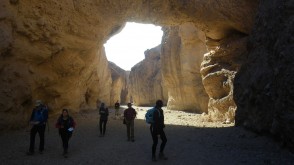
Students took a field seminar in geology with professors Bart Martin and Karen Fryer. They examined the cultural history and geology of the Death Valley region before traveling to California and Nevada.
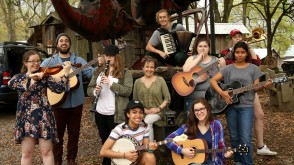
Music professor Nancy Gamso's class explored the musical culture along the Mississippi River and learned about the cultural histories of the people who created and preserved these folk music traditions.
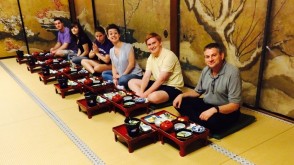
Elegance and Brutality: Topics in Modern Japanese Literature
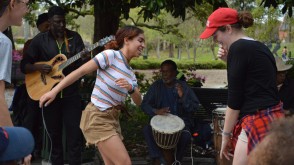
Music professor Nancy Gamso's class explored the musical culture along the Mississippi River and learned about the cultural histories of the people who created and preserved these folk music traditions.
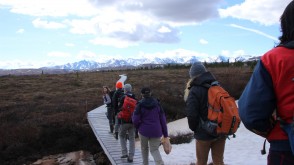
Travel-Learning Course to Alaskan tundras to examine how plants respond to global changes in climate with professor Laurie Anderson.
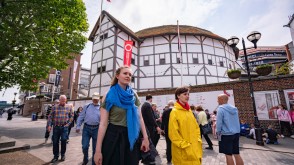
Travel-Learning Course exploring Shakespeare and his sites of performance across England. Led by professor Zack Long, students retraced the trajectory of Shakespeare's career from country player to courtly entertainer.
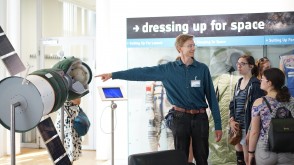
Travel-Learning Course studying the front of space exploration. The astronomy students visited European Space Agency (ESA) centers in Germany and historical astronomical sites in England.
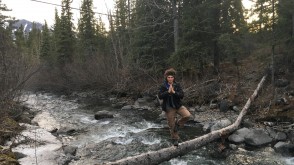
Travel-Learning Course to Alaska to examine climate processes from the point of view of mathematical modeling led by professor Craig Jackson.
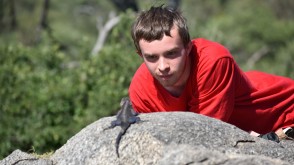
With guidance from zoology professors John Gatz and Amy Downing, students examined the biology and ecosystems of East Africa in the Serengeti region of Tanzania.
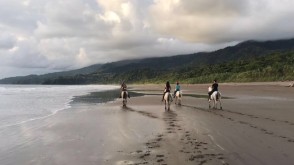
After a semester of gathering local Delaware environmental data, students traveled to Costa Rica to further study the human-environmental relationship.
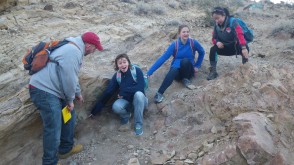
Students took a field seminar in geology with professors Bart Martin and Karen Fryer. They examined the cultural history and geology of the Death Valley region before traveling to California and Nevada.
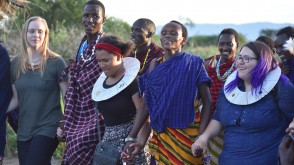
With guidance from zoology professors John Gatz and Amy Downing, students examined the biology and ecosystems of East Africa in the Serengeti region of Tanzania.
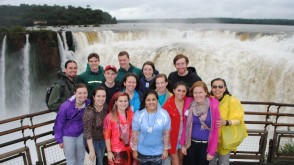
Building Economic Justice from Below: Society, Politics, and Social Movements
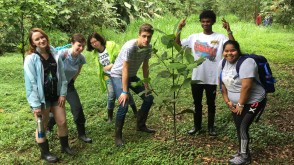
After a semester of gathering local Delaware environmental data, students traveled to Costa Rica to further study the human-environmental relationship.
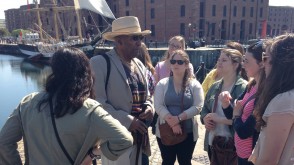
Re-Placing Great Britain: Alternative Narratives of National Identity
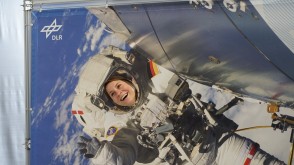
Travel-Learning Course studying the front of space exploration. The astronomy students visited European Space Agency (ESA) centers in Germany and historical astronomical sites in England.
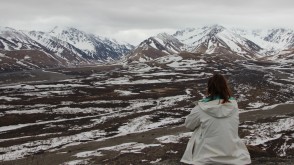
Travel-Learning Course to Alaskan tundras to examine how plants respond to global changes in climate with professor Laurie Anderson.